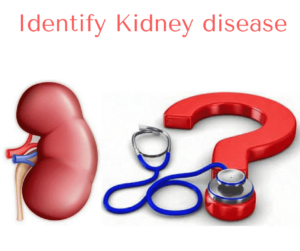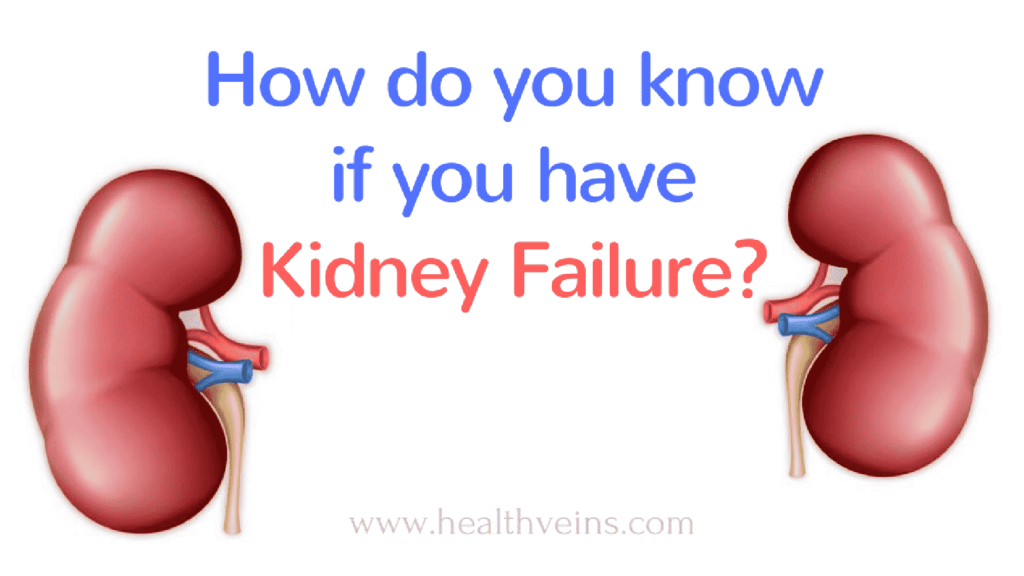In most cases, kidney diseases come silently, and sometimes won’t show any symptoms until 70 – 75 % damage has occurred. Then you might be thinking how do you know if you have kidney failure? Even though it’s hard to identify kidney disease at the initial stage there are few noticeable symptoms which you should consider seriously and take necessary precautions.
Noticeable symptoms of kidney disease
If you find any of these symptoms it may be an indication of kidney failure:
- Change in color of urine
- Blood in urine
- Decrease in the urine level
- Finding increased bubble formation in urine
It normal to see bubbles in the urine, But if you find unusual bubble formation that requires a checkup - Pain while urinating
- Swelling of legs
- Feel very tired by evening
- loss of appetite
- Frequent vomiting
- Blood loss
How do you know if you have kidney failure?
Since kidney disease comes silently we should be conscious about the disease and take necessary precautions. Doctors recommend that every adult should have a urine test once a year. If we find the protein or albumin content in the urine its an indication of having kidney disease. And finding blood content in the urine also shows that you are having trouble with the kidney.
If you find contents of blood in urine then take it seriously and consult a doctor for a detailed check up. Also, go for a detailed blood checkup and see whether there is urea and creatine content in the blood. Apart from that taking x-ray, scanning and biopsy are essential tests which you may prefer to do for proper pontifical of the disease.
Apart from that taking x-ray, scanning and biopsy are essential tests which you may prefer to do for proper identification of the disease. Well if you find you are having problems with kidney then do the treatments as said by your doctor. He could give you the best treatment since he may the one who knows your medical histories.
- Also read What causes kidney disease?
Treatment for kidney disease may vary according to his condition and intensity of the disease. Few common treatments are hemodialysis, peritoneal dialysis, and kidney transplantation. kidney transplantation is taken as a last approach when no more dialysis methods or medicines will help to improve the disease conditions.
Prevent kidney diseases with few simple changes in daily routine
- Practicing a healthy lifestyle is an important factor.
- Drink 1.5 – 2 liters of pure water.
- Should control blood pressure and diabetes throughout the life.
- Take extra care not to gain overweight.
You might like to read how to eat more without gaining weight - Exercise for at least 30 minutes per day.
- Control the consumption of salt, fish, meat, butter and spicy foods.
- Should completely avoid fast food, smoking, sweetening foods and alcohol.
- Avoid using medicines without the prescription of the doctors, especially painkillers.


